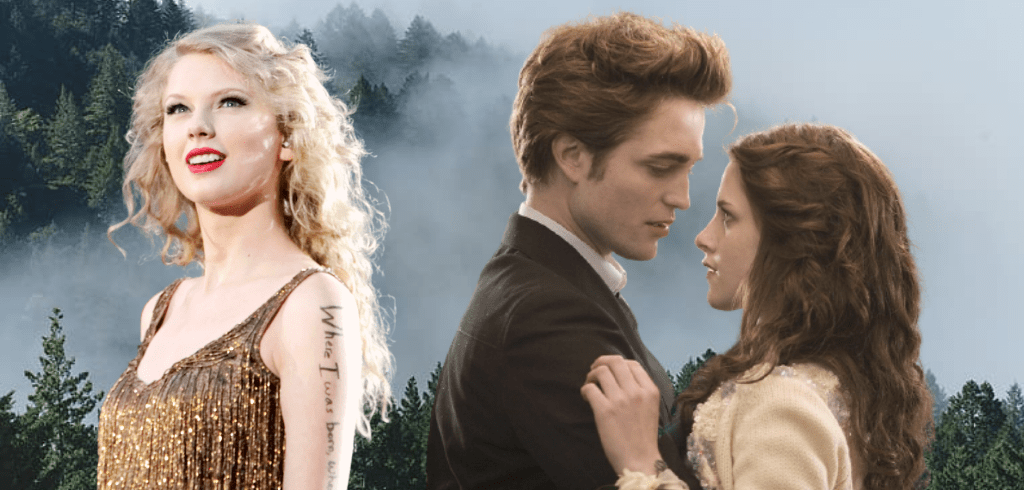Nostalgia and fantasy: how music offers us an escape to the past
The past year has thrown the world into a state of uncertainty; a global pandemic, worldwide human rights movements and the US election have intricately weaved the personal and the political. For many of us, it has becoming increasingly hard to escape a looming feeling of hopelessness as we enter the adult world. Paired with the general emotional turmoil of entering our early 20s, many of us have taken to reminiscence as a defence mechanism. However, is there a particular reason why some of us find ourselves once again enthralled by the soundtracks to vampiric love stories, or the country twang of Taylor Swift’s Fearless? What about this late 00s period attracts us most, and why do we first and foremost fall back on music as a tool for nostalgia?
Research shows that music from our teenage years has been proven to be incredibly influential on us for rest of our lives. It becomes formative since the human brain massively develops during this time and music lights up our visual cortex. Coupled with the sheer amount of music that teenagers consume, it becomes clear why we fall back on our old, cherished tunes to boost our mood and unearth memories from what’s commonly referred to as a ‘simpler time’. This explains why nostalgia differs from person to person and why our individual ‘comfort songs’ tend to cluster in accordance to our 2008-2014 listening habits. Personally, I consider there to be a connection between New Moon’s ‘Roslyn’ and Taylor Swift’s Fearless album. Why do these songs, found side by side on my Spotify playlist, provide the warmth of a musical comfort blanket?
Both pieces embody the fairy-tale feeling of a Hollywood teenage romance. Taylor Swift’s Fearless has the ability to relay the singer’s emotions onto her listeners. The album takes us from the beginning to the end of a fantasy relationship; it is a teenage love story you would hope to experience on your bus ride home. The bubble-gum notes of ‘You Belong With Me’ and ‘Hey Stephen’ describe affection from afar – a narrative that easily resonates with the average teen. The fantasy continues with ‘Love Story’ in which our affections are noticed and at the first meeting we are swept off our feet. ‘Jump Then Fall’ causes us to swoon with descriptions of the beautiful parts of the relationship; we create an image of the boy who had “everything [we] ever wanted”. ‘Change’ hints at the ending of the fairy-tale, followed by ‘Tell Me Why’ which made us feel collectively smote by our imaginary dream boys who dumped us with no explanation.
Will this year serve as material for dark nostalgia?
In contrast, ‘Roslyn’ perfectly captures the moody, forbidden romance of the Twilight franchise. Its gossamer high notes paint a picture of Forks’ forests where yet another perfect partner was waiting for us. Although at the surface level this type of music may appear out of place in a 20-something’s playlist, they represent something larger than silly teenage girl fantasies. The nostalgia induced provides an escape from the world, and the relationships in it, that have become so complicated.
Looking at this pattern, can we predict what modern tracks could incite nostalgia in future generations? Will Clairo’s album Immunity correlate with Frank Ocean’s ‘Chanel’? Both depict the struggles and beauty of bisexuality and, thanks to social media platforms like Tik Tok, both are heavily consumed by younger teens. Or maybe the new-age indie sound of Harmless’ ‘Swing Lynn’ will correlate with Current Joys’ ‘New Flesh’?
Looking back at this year begs the question: will 2020 be a period that younger generations will want to reminisce about? Will this year serve as material for dark nostalgia? Will these tracks dredge up feelings of anxiousness and loss, instead of providing the escapism that we crave when we look back in time?

Comments